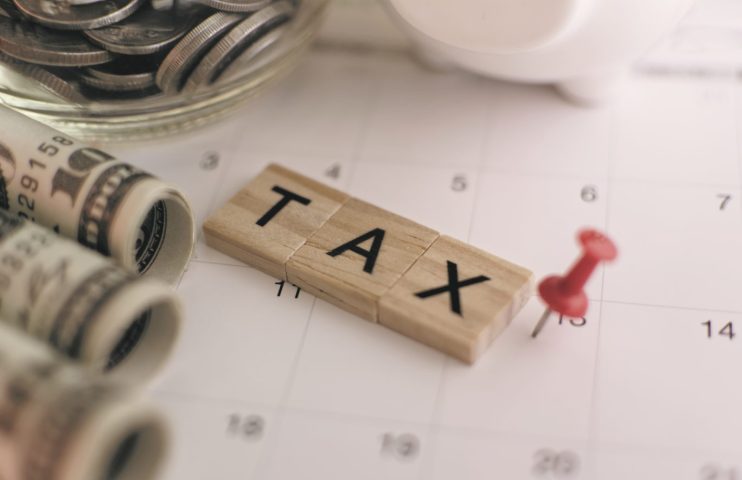How the pros use ISAs to cut clients’ tax bills

ISAs are more than just places to park some extra cash to grow tax-free. Used with a bit of sophistication, they can cut your tax bill by thousands of pounds. Professional financial advisers use ISAs for modestly wealthy clients up to those with multi-million pound portfolios. Why? Because they work. Here’s how to get the most out of ISAs.
Dodge dividend and capital gains tax
You pay no tax on profits on investments held in an ISA. Outside an ISA, on any profits above your capital gains tax (CGT) allowance (£12,300 for 2020/21) you pay tax at 10% (basic-rate taxpayers) or 20% (higher and additional rate taxpayers).
“Selling shares for a £25,000 profit outside an ISA costs you CGT of £1,270 as a basic rate taxpayer or £2,540 as a higher rate taxpayer. In an ISA, it won’t,” says Kristen Cunliffe, managing director of Red Star Wealth.
Profit below the CGT annual allowance and the ISA is no help – “unless you have used the allowance on other gains, like the sale of investment property”, Cunliffe adds.
ISAs also help you avoid tax on dividend income from investments. Outside an ISA, basic-rate taxpayers pay 7.5%. Higher- and additional-rate taxpayers pay 32.5% and 38.1% respectively. You do get a £2,000 annual allowance, so the advantage of an ISA is for those whose dividends produce more than that, such as directors whose income is often salary and dividends. Cunliffe lays out the potential ISA savings:
Basic rate: £10,000 dividend income – £2,000 allowance = £8,000 @ 7.5% = £600
Higher rate: £10,000 dividend income – £2,000 allowance = £8,000 @ 32.5% = £2,600
Additional rate: £10,000 dividend income – £2,000 allowance = £8,000 @ 38.1% = £3,048
Use ISAs to avoid inheritance tax
“When someone dies, the ISA forms part of their taxable estate. Where that is more than £325,000, inheritance tax at 40% is due on the ISA. But, if a spouse or civil partner inherits the ISA, it’s IHT exempt,” says Kay Ingram of financial advice firm LEBC.
The CGT advantages of an ISA (above) last for up to three years following death, and for the lifetime of a spouse or civil partner who inherits them, she adds. The surviving partner also gets an additional, or ‘continuing’ ISA allowance – equal to the value of the deceased’s ISAs at death – on top of their own, to use within three years of the death. (Additionally, AIM shares, in an ISA or not, are exempt from IHT once held for two years or more).
Ingram gives the example of Mr Jones, who leaves his £200,000 ISAs to his grandchildren, and his home and £100,000 AIM shares to his wife.
IHT on grandchildren’s ISA inheritance = £80,000
IHT on Mrs Jones’ inheritance = £0 (due to spouse exemption)
Mrs Jones could also invest up to £200,000 in a continuing ISA, except Mr Jones only left her £100,000.
But, had Mr Jones left the AIM shares to his grandchildren instead, there would be zero IHT to pay. Likewise his widow, if she inherited the £200,000 ISA, could use all of the additional ISA allowance to which she is entitled. Investing the £200,000 in AIM shares for two years would make them IHT exempt on her death.
Max your ISA with £20k cash every year
The annual ISA allowance is £20,000, you also get an annual savings interest rate allowance of up to £1,000, and current average cash interest rates are just 0.6%. This means a higher-rate taxpayer would need to hold £83,000 in cash (£166,000 for a basic-rate taxpayer) before having to pay any tax on their savings, and so to get any benefit from holding all that in a Cash ISA, Helena Wardle, financial planner at Smith & Wardle, points out.
So, stuffing your ISA with just cash every year (rather than higher-returning investments) may not initially save you much. “But the value in ISAs are now much more long term,” says Wardle. For example, if you’re planning to work part-time or ‘semi-retire’ before age 55 you could use some, or all, of your ISA to supplement your income before you’re old enough to access your pension. And, unlike pensions, when you draw income from your ISAs it’s tax-free so you get the full amount you withdraw.